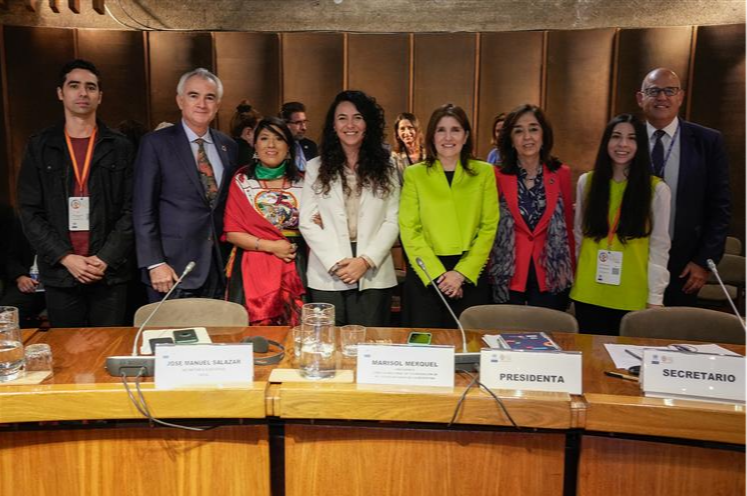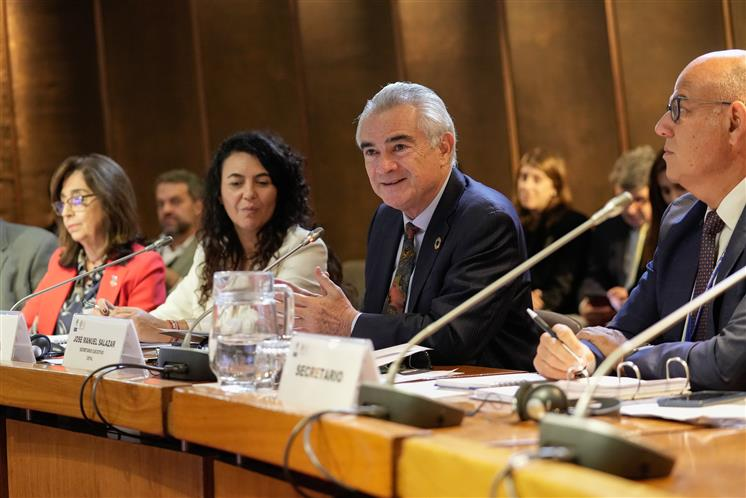
The goals of the 2030 Agenda include the end of poverty and hunger, health and well-being, quality education, gender equality, and decent employment.
Santiago de Chile, Apr 29 (RHC) Representatives of the 33 Latin American and Caribbean countries meeting this week in Chile reaffirmed the commitment to implement the Sustainable Development Goals (SDGs) but admitted that to meet them it is necessary to redouble efforts.
Eight years ago, the UN General Assembly set 17 SDGs for 2030, however, at the halfway point, barely a quarter of them have been achieved or are in the process of being realized, according to the Economic Commission for Latin America and the Caribbean (ECLAC).
A report presented by ECLAC's executive secretary, José Manuel Salazar-Xirinachs, during the sixth forum on the subject, adds that in almost half of the goals (48.4 percent) the trend is correct, but not enough to achieve them; and in 27 percent there is a setback.
This means that there is much work to be done, said Salazar-Xirinachs, adding that bold, innovative, and inspiring actions are required.
The goals of the 2030 Agenda include the end of poverty and hunger, health and well-being, quality education, gender equality, and decent employment.
However, this meeting focused on drinking water and sanitation; affordable and clean energy; industry, innovation, and infrastructure; sustainable cities and communities; and partnerships to achieve the goals.

The forum was attended by hundreds of people, including government officials, experts from the United Nations system, representatives of civil society, and academics.
The forum was attended by hundreds of people, including government officials, experts from the United Nations system, representatives of civil society, and academics.
One of the topics addressed at the meeting was the negative impact of Covid-19 on the goals of the 2030 Agenda.
"We are very concerned as civil society and I think governments are too because the pandemic prevented progress and, in many cases, set us back, for example in the reduction of poverty," Mabel Bianco, from the Foundation for Women's Research Studies in Argentina, told Prensa Latina.
Meanwhile, the representative of the Group of 77 plus China, Pedro Luis Pedroso, explained that developing countries have been affected by the pandemic, the decrease in official development assistance, and geopolitical tensions and conflicts in different parts of the world.
Participating in a panel discussion on initiatives to strengthen the commitment to the SDGs, the diplomat called for an end to unilateral coercive measures, access to financing for developing countries, and reform of the international financial architecture.
Expanding South-South cooperation, special and differential treatment for the most vulnerable countries, and technology transfer were other demands of the participants, which are contained in the final declaration of the meeting.
The conclusions of the event will be presented to the high-level political forum to be held at the UN headquarters in New York next July. (Source: PL)

